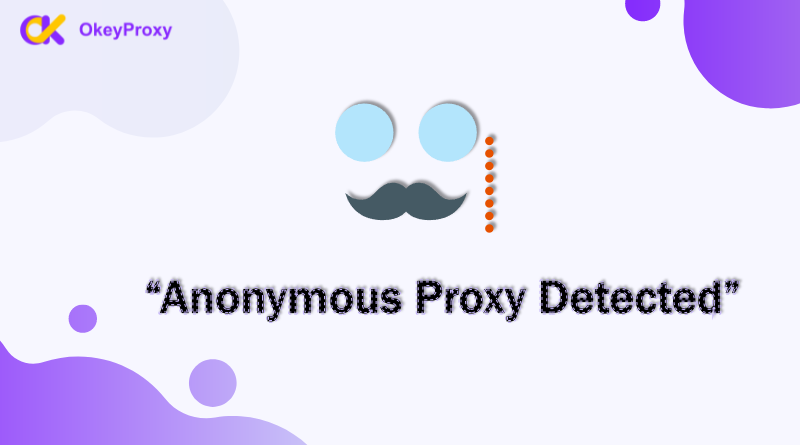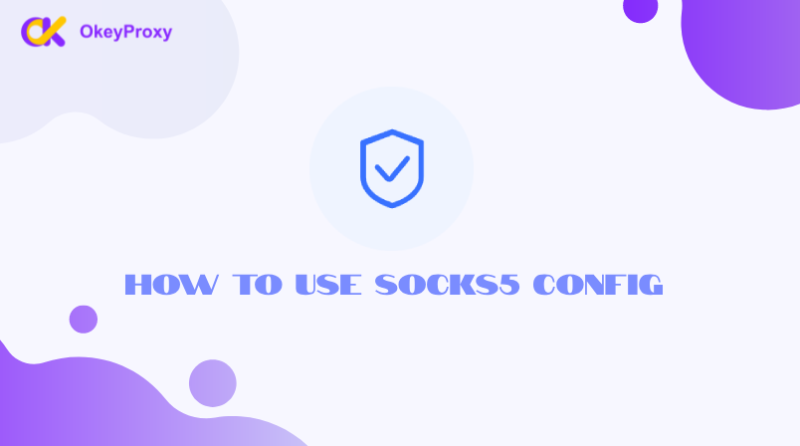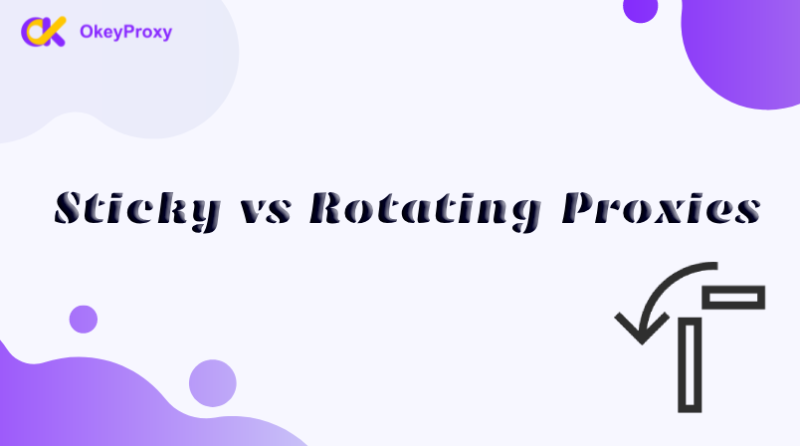如果您遇到过类似以下的信息 "检测到匿名代理" 你并不孤单。当网站检测到你的连接是通过代理服务器路由时,往往会出现这个错误。虽然代理服务器对保护隐私和绕过限制很有帮助,但有些网站会阻止代理服务器,以防止滥用、欺诈或其他问题。
检测到匿名代理 "是什么意思?
当网站显示这条信息时,实质上就是在说
"我们注意到你使用代理服务器来隐藏身份 我们不允许访问"
网站使用复杂的工具来检测代理,包括匿名和高级代理,如 SOCKS5 或基于 VPN 的代理。这些检测通常是反欺诈系统的一部分,以确保访问网站的用户是合法的。
为什么网站会阻止 匿名代理?
防止欺诈活动
匿名代理可用于掩盖用户的真实身份和位置。一些人利用这一点从事欺诈活动,例如:
- 信用卡欺诈 在线交易期间。
- 创建多个假账户 操纵电子商务平台、投票系统或社交媒体等服务。
减轻安全威胁
网站可能会将匿名代理视为潜在的安全风险。以下人员可以使用匿名代理
- 黑客 以发动攻击,如 DDoS(分布式拒绝服务)。
- 垃圾邮件发送者 发送未经请求的信息或内容,而不会泄露其原始 IP 地址。
执行区域限制
许多网站,尤其是那些提供流媒体服务或特定地区内容的网站,都会阻止匿名代理以维持许可协议。这些代理通常被用来绕过地域限制,违反网站的服务条款。
确保准确的分析
网站依赖准确的用户数据进行分析、营销和个性化。匿名代理会掩盖用户的实际位置和行为,从而扭曲这些数据。这会影响
- 有针对性的广告。
- 个性化推荐。
防止滥用免费服务
匿名代理可能会被用于通过创建多个账户来利用免费试用或有限服务。网站会阻止匿名代理,以防止此类利用并确保公平使用。
防止网络抓取
匿名代理常用于 网络搜刮 在不被发现的情况下提取大量数据。网站会屏蔽代理服务器,以保护敏感数据和知识产权。
遵守法律法规要求
某些行业,如金融和医疗保健,需要遵守严格的数据保护法。阻止匿名代理有助于最大限度地降低未经授权访问的风险,从而确保合规性。
网站如何检测和阻止匿名代理
网站使用各种技术来识别和阻止匿名代理,包括
- IP 黑名单数据库 来阻止已知的代理服务器。
- 行为分析 检测异常模式,如快速请求或从多个地点访问。
- 验证码 以验证人类用户并防止自动代理的使用。
代理用户是否应该担心?
虽然网站阻止匿名代理是为了维护安全性和公平性,但合法的使用情况,如访问受地理限制的内容或增强隐私保护,可能会受到阻碍。寻求不间断访问的用户可以考虑使用较难发现的高级住宅或静态代理。
在这种情况下 OkeyProxy 提供可靠的静态代理服务,拥有超过 1.5 亿个 IP,既能提供匿名服务,又能保持合法外观,从而降低被屏蔽的可能性。

如何修复 "检测到匿名代理 "问题
当出现 "检测到匿名代理 "时,以下是解决此问题的分步指南:
1.检查代理设置
有时,您的设备可能在您不知情的情况下配置了代理。
- 在 Windows 上:
- 转到
设置 → 网络和 Internet → 代理. - 关闭 "使用代理服务器 "选项。
- 转到
- 在 macOS 上:
- 开放
系统偏好设置 → 网络. - 选择您的网络连接,然后单击 高级.
- 前往 代理 选项卡,并确保未选择代理。
- 开放
2.使用高质量的住宅代理
如果您仍然需要代理,请切换到 住宅代理.这些代理使用 ISP 提供的真实 IP 地址,使网站更难发现它们。
推荐供应商: 考虑使用 OkeyProxy以提供可靠、检测率低的住宅代理而闻名。
3.清除 Cookie 和缓存
网站经常使用 cookie 跟踪您的活动,这可能表明您在使用代理服务器。
- 适用于 Chrome 浏览器:
- 转到
设置 → 隐私和安全. - 点击 清除浏览数据 并选择 "Cookies 和其他网站数据 "以及 "缓存图像和文件"。
- 转到
- 火狐浏览器
- 开放
设置 → 隐私与安全. - 滚动到 Cookie 和网站数据 并清除数据。
- 开放
4.切换到其他代理服务器
如果您当前的代理服务器被阻止,请尝试更换新的 IP 地址或服务器。
5.检查您的 IP 地址
更改后,请确认您的 IP 地址是否仍被标记为代理:
使用在线工具,如 WhatIsMyIP 来检查您的 IP。如果被标记,请更换新的代理或 IP。
6.避免使用免费代理服务器
免费代理经常被过度使用,很快就会被网站发现。投资高级代理服务可以获得更高的可靠性,减少问题的发生,例如 五大 SOCKS5 代理服务器 - OkeyProxy.
防止未来的匿名代理检测
结论
检测到匿名代理 "错误可能令人沮丧,但这并不是终点。只要使用高质量的代理服务器、清除浏览器数据并按照上述步骤操作,就能重新访问被屏蔽的网站。此外,为了获得无缝体验,请考虑使用 OkeyProxy是一家值得信赖的服务提供商,提供专为绕过此类限制而定制的住宅代理和 SOCKS5 代理。匿名、安全、无限制地享受网络!





